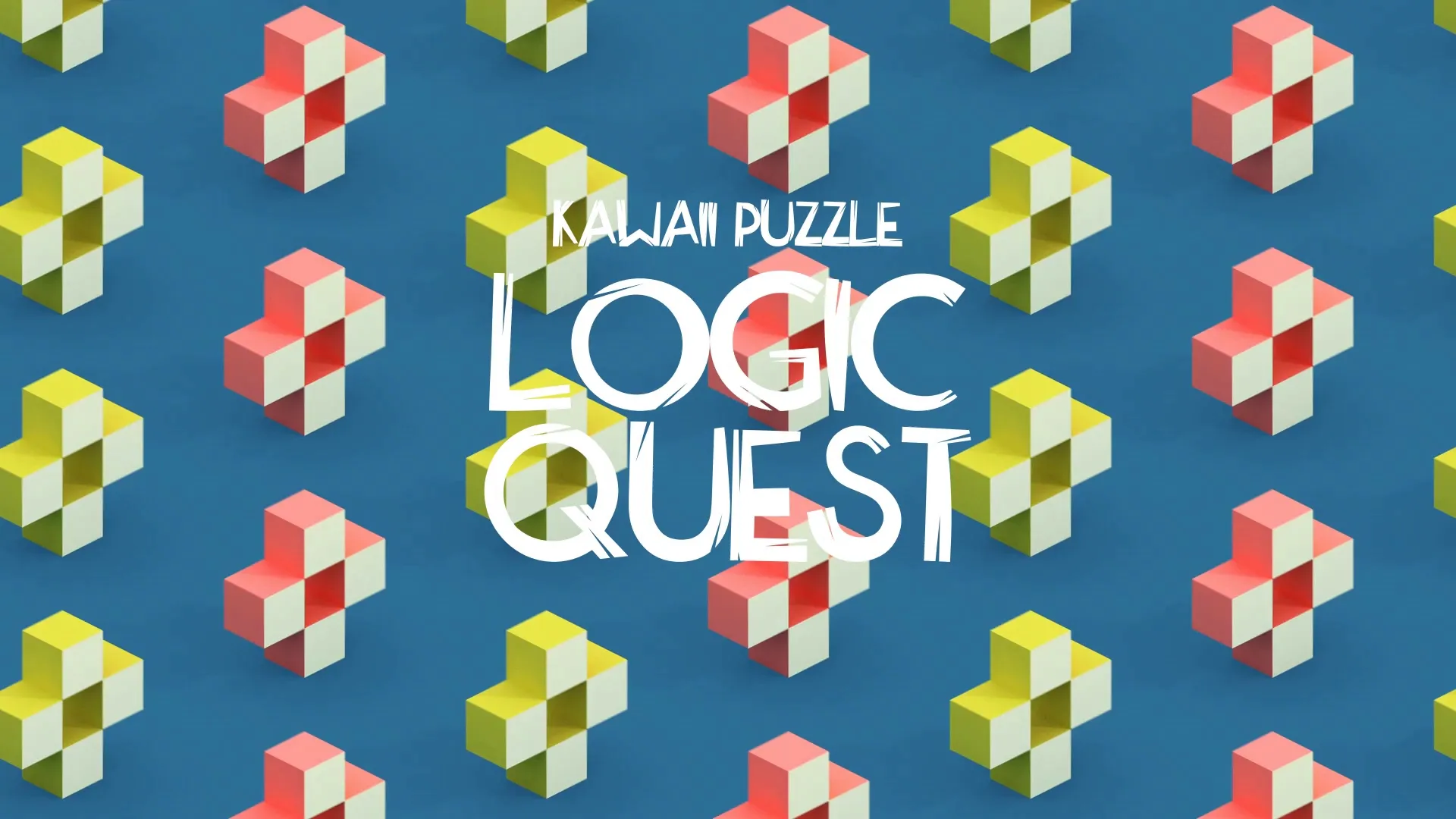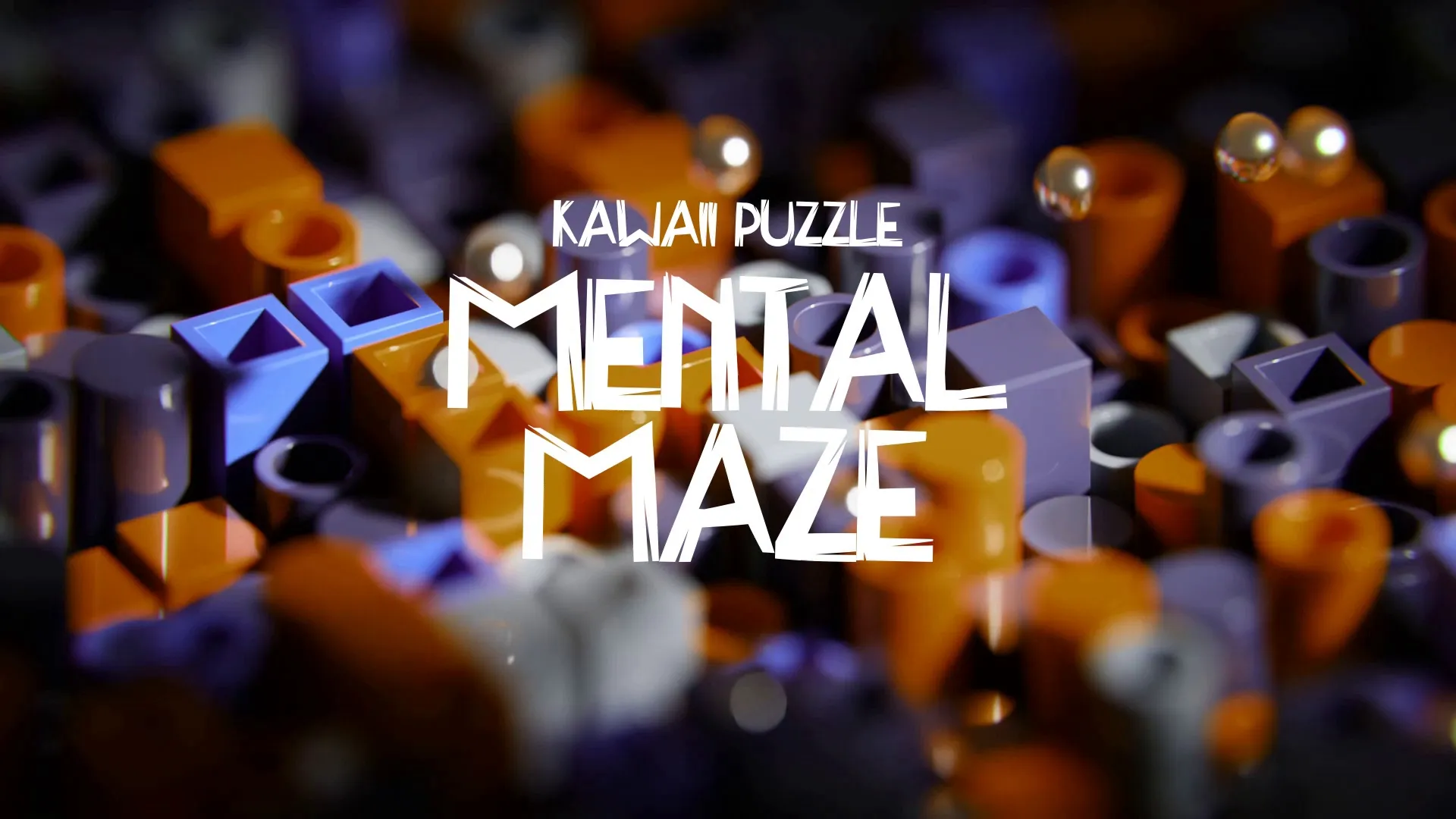Efficient Game Development Strategies: Streamlining Your Workflow from Concept to Launch
Game development demands efficiency to navigate from concept to launch successfully. Poor planning and disorganized execution lead to delays and burnout. This guide outlines practical strategies for a streamlined, productive workflow.
The Foundation: Robust Pre-Production
A well-defined Game Design Document (GDD) is the bedrock of efficient development. It serves as a single source of truth, preventing scope creep and miscommunication. Build professional Game Design Documents in minutes with Blueprint. Spending adequate time here saves significant rework later in the project lifecycle.
Agile Development and Iteration
Adopt agile methodologies to break down large projects into manageable sprints. Focus on delivering playable prototypes and iterating based on feedback. This approach allows for early problem detection and course correction. Tools like Momentum can keep your tasks organized and your project on track. Regular stand-ups and sprint reviews maintain team alignment and progress visibility.
Smart Asset Management
Leveraging existing high-quality assets can drastically cut development time. Prioritize reusability and maintain a well-organized asset library. Explore high-quality, royalty-free assets in Strafekit to accelerate your art pipeline. Standardize asset naming conventions and folder structures for easy access.
Optimizing Performance Early
Integrate performance considerations from the earliest stages of development. Address potential bottlenecks as they arise, rather than as a last-minute fix. Understanding performance gains from techniques like Implementing Object Pooling in Unity for Performance is crucial. Profilers and diagnostic tools should be part of your regular testing routine.
Effective Team Communication and Collaboration
Establish clear communication channels and defined roles within your team. Regular, concise meetings prevent misunderstandings and keep everyone informed. Utilize collaboration tools to share progress, feedback, and resources efficiently. Foster an environment where constructive criticism is encouraged and valued.
Automation and Tooling
Automate repetitive tasks like build processes, testing, and asset importing. Invest in scripts and tools that reduce manual effort and human error. Custom editor tools can significantly accelerate workflow for specific game mechanics. Evaluate third-party plugins and integrations that enhance productivity.
Create a free account, or log in.
Gain access to free articles, game development tools, and game assets.
.webp)
.webp)





















